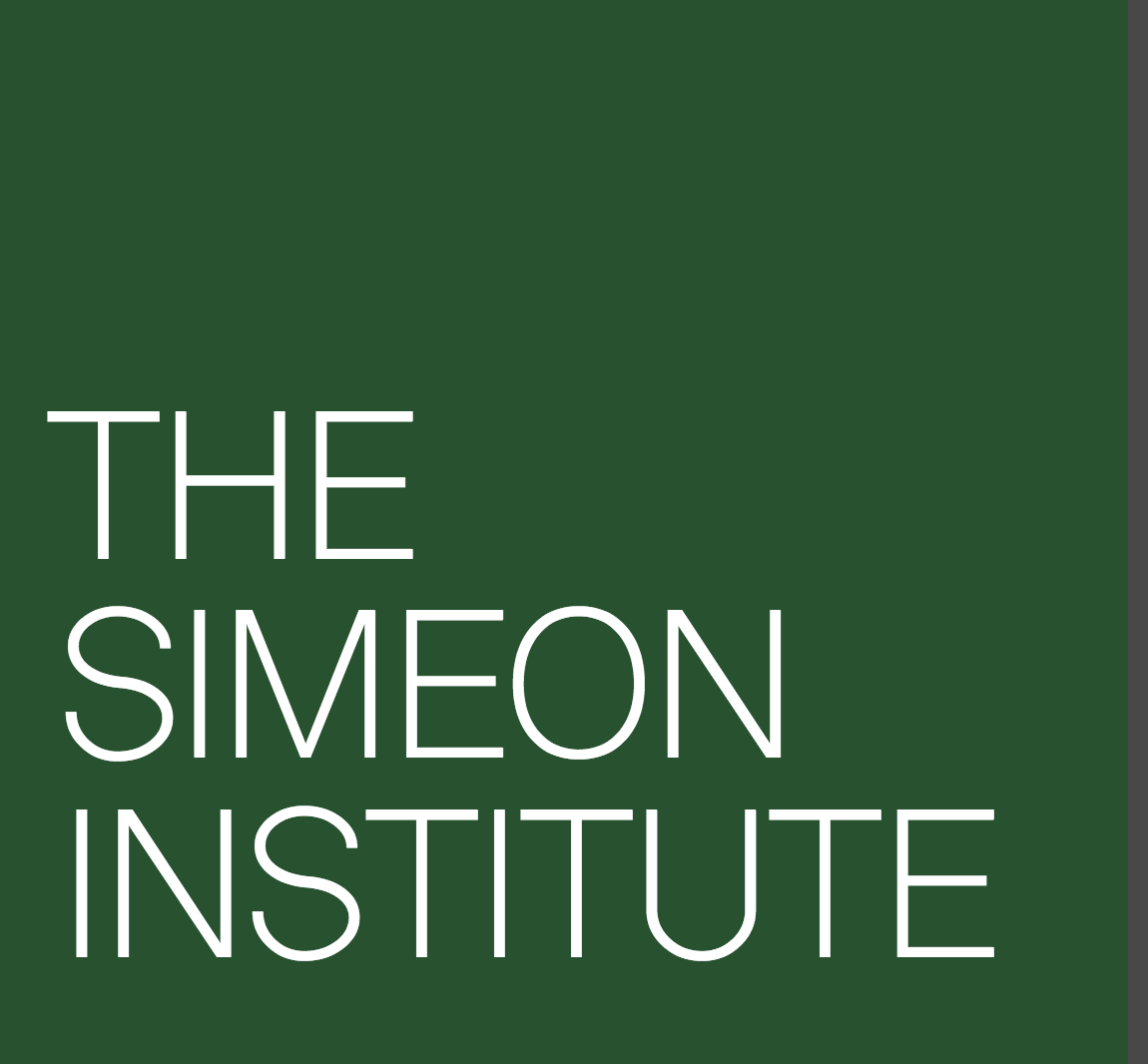IS CRISIS MANAGEMENT A FORM OF SOCIAL CAPITAL?
/Peter Drucker said management is making knowledge effective, and I like to add “through relationships”. One definition of Social Capital is “anything that facilitates individual or collective action, generated by networks of relationships, reciprocity, trust, and social norms.” There’s overlap here somehow. Management creates and integrates social capital, and takes on its property of increasing with use – it compounds itself. So if management (and presumably leadership) creates capacity in organizations and communities, might it therefore be considered a form of social capital?
Crisis management is always a good litmus test for social capital concepts. Traditionally, “management” in a typical community crisis or local emergency is probably closer to a form of social triage, where middle management civil servants, usually lacking clear authority, constantly make decisions using unclear and shifting priorities, and trade off mutually-unacceptable alternatives in a politically-charged, unstable and compromised environment, in order to reach the unrealistic goal of some kind of consistently effective action.
The Incident Command System emphasizes “command”, but command techniques and practices are clearly limited to field operations among professional responders. At any level above field command and outside the emergency operations center, “management” quickly becomes complicated and unconventional. And anytime in the field, when nonprofessional or voluntary resources are engaged, “command” will not cause diverse constituencies and volunteers to coalesce into a smoothly functioning emergency response.
In community crisis management, multiple hazards can create both primary and secondary crises. For either, broader resources are needed. In fact, the broader the resource base, the greater the community’s capacity. But broad community capacity cannot be “managed”, and definitely cannot be “commanded”. The community crisis management continuum exends from power (the ability to cause an outcome directly) through “infuence” (indirect causation) to “appreciation” or “appreciative enquiry” (understanding and valuing external events over which we have no control or influence), as ever more diverse resources come into play.[1] Jim Collins’ legislative leadership fits here somewhere.
Might be an interesting angle to think about management and leadership...
[1]Weisbord, M. R. (1992).Discovering Common Ground: How Future Search Conferences Bring People Together to Achieve Breakthrough Innovation, Empowerment, Shared Vision, and Collaborative Action(1st ed ed.). San Francisco, CA: Berrett-Koehler Publishers. P. 173.
tags:
In Crisis, Disaster, Leadership, Management, Peter Drucker Tags Incident Command, Jim Collins, legislative leadership, Peter Drucker, social capital

